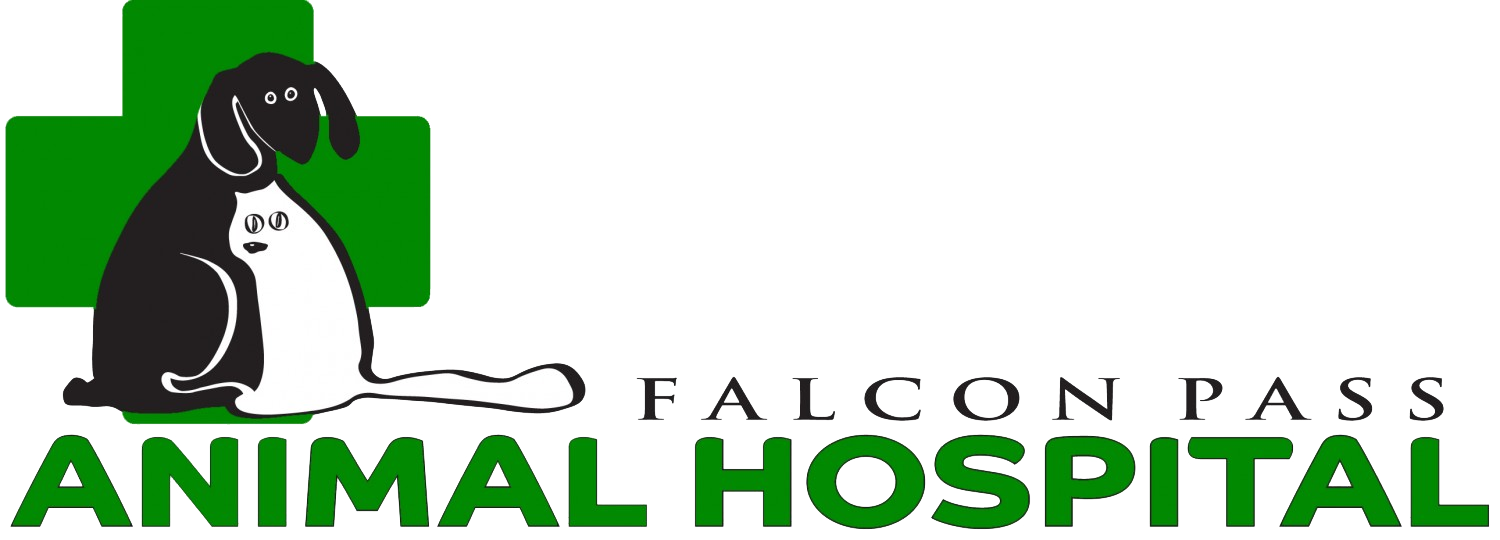|
Falcon Pass Animal Hospital - Frequently Asked Questions
Here are some questions/answers that we are frequently asked. If you have additional questions that aren't covered here, please feel free to give us a call at (281)-286-9838.
- What are the Hospital hours?
Our hospital is open Monday through Friday from 8:00 am to 6:00 pm. On Saturdays we are open from 7:30 am until noon. The clinic is closed on Sunday.
- Do I need to have an appointment?
Yes, patients are seen by appointment. However, walk-ins and emergencies are welcome to come in.
- What forms of payment do you accept?
Cash, Mastercard, Visa, American Express, Apple Pay, Care Credit
- Can I make payments?
Payment is required at the time of service.
- At what age can I have my pet spayed or neutered?
Spaying or neutering can be done at approximately 6 months of age. Your pet is given an exam prior to surgery to help determine whether your pet is healthy enough to undergo the surgical procedure. Current vaccinations are required at the time of surgery. Also a pre-anesthetic blood screen is recommended prior to undergoing anesthesia and surgery. Please discuss benefits and side effects of male dog neuters with a veterinarian.
- What is the pre-anesthetic blood screening?
This is a blood test that is run here in the clinic prior to surgery. It tests the organ functions, and blood counts of your pet. The pre-anesthetic blood screening is done to assure safety during surgery and the ability to heal following surgery.
- How long do the sutures stay in after my pet's surgery?
Procedures involving sutures require them to be removed in 14 days following the surgery. In many cases absorbable sutures are placed inside the skin and there is no need to remove them.
- Is it a good idea to let my pet have at least one litter?
No, there is no advantage to letting your pet have one litter. However there are plenty of advantages to having you pet spayed or neutered. These advantages include decreasing the chances of breast tumors later in life, decreasing the chance of cystic ovaries and uterine infections later in life, decreasing the desire to roam the neighborhood, decreasing the incidence of prostate cancer later in life, helping prevent spraying and marking, and also decreases the surplus of unwanted puppies and kittens.
- Do you board pets?
Yes, we do limited medical boarding for our clients.
- What are your kennels like?
Our dog kennels are all indoor. The dogs are walked 3 times daily while they are boarding. Blankets and food are provided for our boarders, but you are always welcome to bring your own.
| 